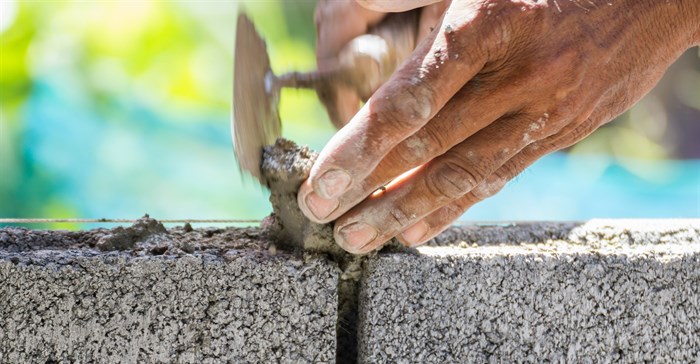The Eastern Cape Development Corporation (ECDC) has made R195m available for the construction and refurbishment of four dilapidated schools in the OR Tambo District Municipality in the Eastern Cape.
Newly-appointed ECDC chief executive officer, Buhle Dlulane, says these funds are part of an initial R300m allocation from the provincial government toward the implementation of the Integrated Social Infrastructure Delivery Programme.
“These schools are Plangeni Junior Secondary School in Mbizana which has 1,171 learners. It is expected to come at a cost of t R52.3m and it is due for completion in April 2017. The second school with 740 learners is Dilizintaba Senior Secondary School in Tsolo at a cost of R53m. The expected completion date is February 2017. Flagstaff Primary School, at a cost of R38m, is expected to be completed in January 2017 and Flagstaff High School with 1,105 learners comes at a cost of R51m.
Massive backlog
“The programme came via an EXCO resolution in 2013 which recognised the massive infrastructure backlog in the Eastern Cape across key social and economic sectors and indicators such as education, health, human settlements, roads, water and sanitation. In 2014/15 ECDC carried out a conditional assessment of 79 schools on behalf of the Department of Education. The R1.6m spent on this exercise was meant to assess the current state of the schools and the additional infrastructure that is required,” says Dlulane.
The report indicated that not only was a shortage of classrooms a concern, but also the state of the classrooms, substantial structural challenges, shortage of toilets, water and sanitation and access roads to the schools is a notable challenge. A team of six companies made up of quantity surveyors was appointed to conduct the assessments. The schools are located in Chris Hani, OR Tambo, Amathole and Alfred Nzo district municipalities.
State-of-the-art facilities
“Construction has already begun in three of the schools. They were characterised by dilapidated ablution facilities and completely ruined classrooms. For example, in Dilizintaba Senior Secondary School in Tsolo three blocks consisting of ten classrooms had to be demolished as well as the ablution facilities.
“The new structures will feature state-of-the-art facilities. In Dilizintaba, 19 new classrooms are being built, a new administration block, new hall, computer lab, a science lab and multi-purpose hall, nutrition centre, HOD offices, new guard house as well as new ablution facilities. The additional classrooms should solve congestion challenges in classrooms with learners being capped at a maximum of 45 per class,” explains Dlulane.










































